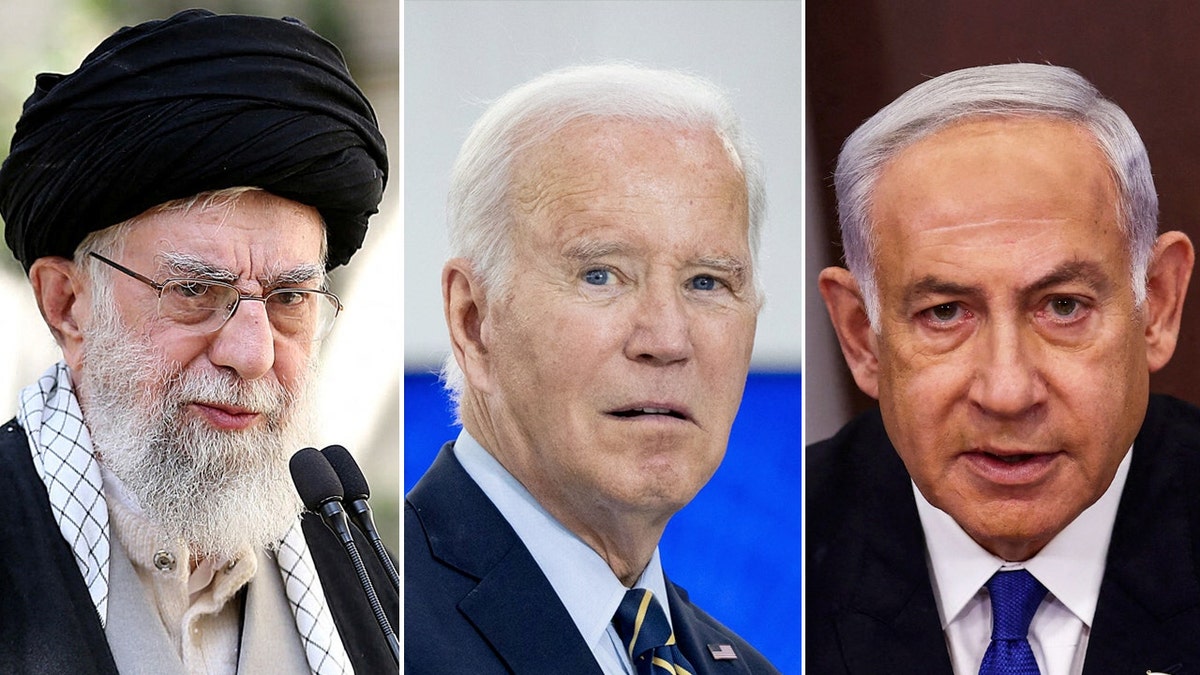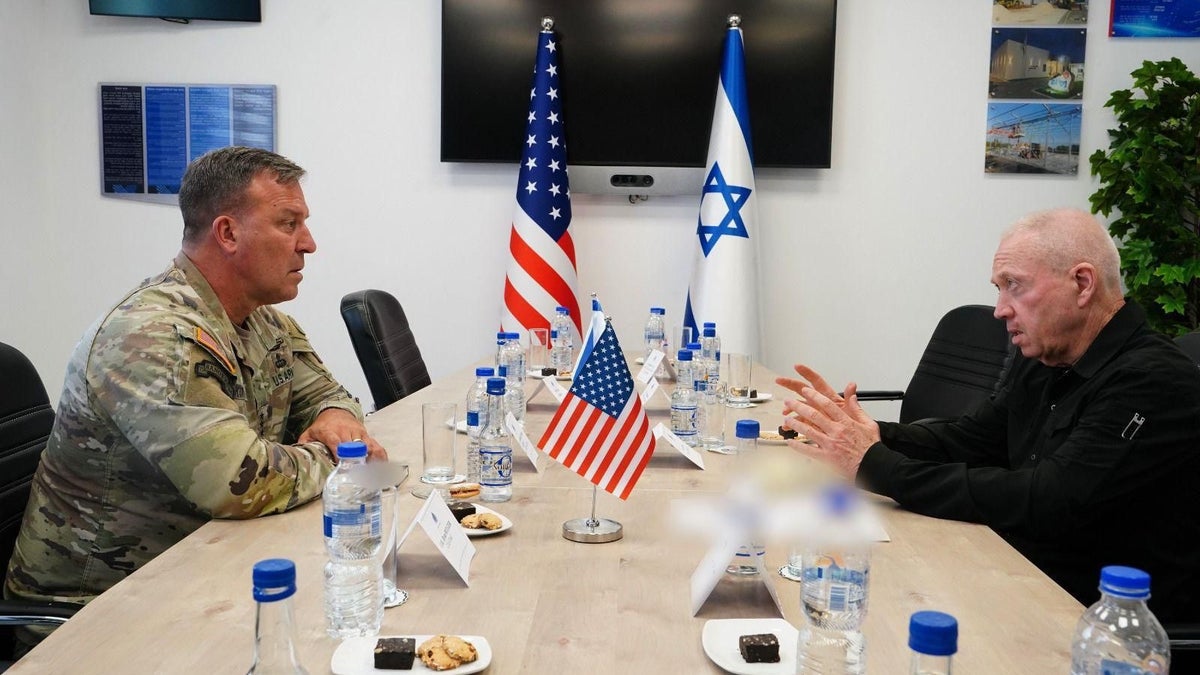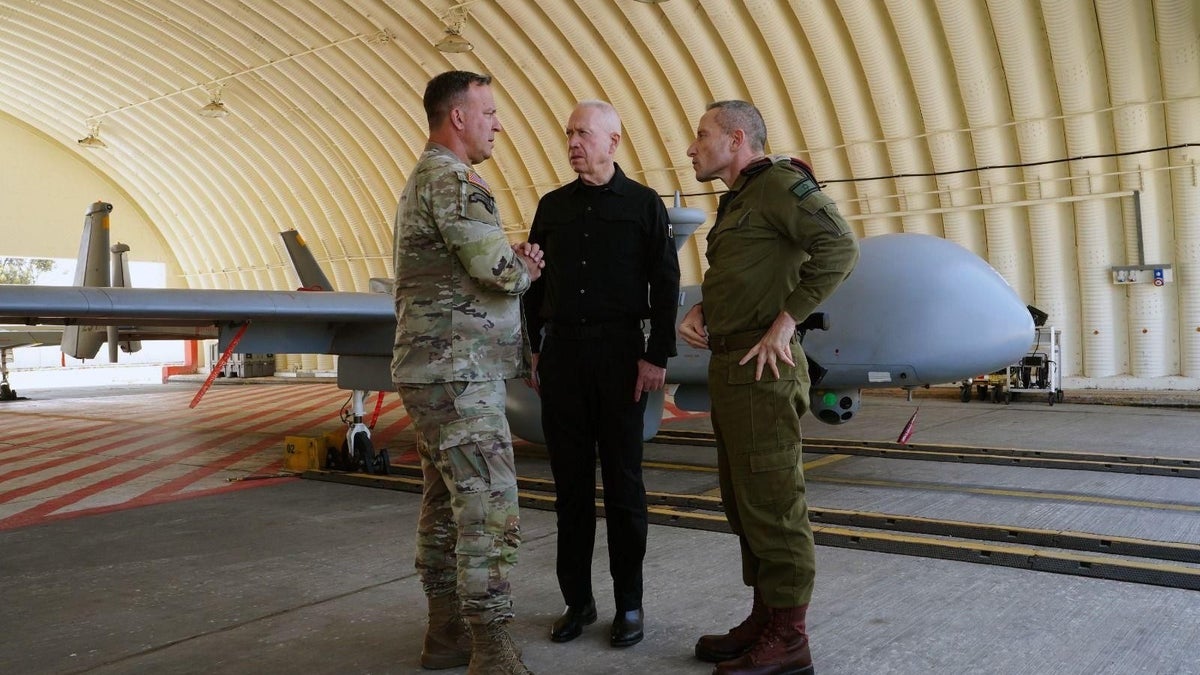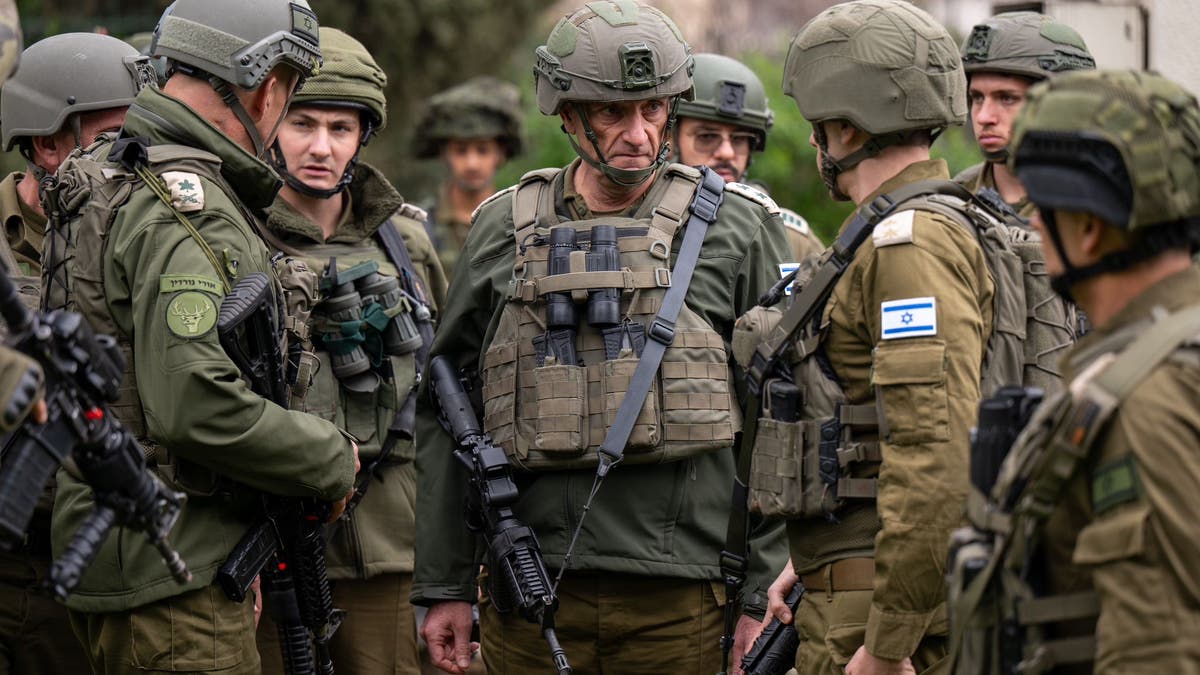The United States continues to closely monitor what it believes to be “Credible” threats of an Iranian attack on Israel in response to a strike on the Iranian consulate in Damascus, even as reports indicate Iran seeks to mount a non-escalatory response.
“I would just say we are watching this very, very closely,” John Kirby, the U.S. National Security Council’s coordinator for strategic communications, told reporters Friday. “We still view the potential threat from Iran as real, viable, certainly credible, and we are monitoring it as closely as possible.”
“For now, our goal is to have a conversation with our Israeli counterparts and ensuring not only conversations, but also making sure they have what they need and are able to defend themselves,” Kirby added. “We are also clear that it would be unwise to don’t take a look at our our own posture in the region to ensure that we are also properly prepared.
Kirby assured that the United States remained in “constant communication” with its Israeli counterparts to ensure they were ready to attack, but refused to “cut the whistle on the quarterback… in a public way when it comes to conversations that we have or what we see in the intelligence picture.
ISRAELI PM, MILITARY LEADERS HOLD EMERGENCY MEETING AMID POSSIBLE IRANIAN DIRECT ATTACK
Tehran continued to threaten retaliation against Israel following the attack on an Iranian consulate in Damascus that killed seven members of the Islamic Revolutionary Guard Corps (IRGC), including two generals. The leadership of Hezbollah this weekend annual commemoration of Quds Day In Iran, they also touted their desire to launch retaliation against Israel following this attack.
US CENTCOM General Michael Kurilla visited Israel, where he met with IDF Chief of General Staff Lt. Gen. Hezi Halevi and Israeli Defense Minister Yoav Gallant to assess the state of military preparedness, advancing its plans due to threats from Iran. Pentagon press secretary Maj. Gen. Pat Ryder confirmed this during a news conference Thursday. Ryder did not speculate on specific threats from Iran against Israel, although Tehran continues to promise action.

Iranian Supreme Leader Ayatollah Ali Khamenei, President Biden and Israeli Prime Minister Benjamin Netanyahu (Getty Images)
The State Department also issued new travel advisories Thursday for Israel, banning U.S. government employees and their families from traveling outside major cities. The department warns: “Terrorist groups, lone terrorists and other violent extremists continue to prepare possible attacks in Israel, the West Bank and Gaza. Terrorists and violent extremists can attack with little or no warning. »
Iran has signaled to Washington that it will respond to the Israeli attack on the consulate in Damascus, but that it could do so in a way that avoids a major escalation and would not act hastily. Reuters reported THURSDAY.
US BANNS PERSONNEL IN ISRAEL FROM TRAVELING OUTSIDE CITIES AS THREAT OF ATTACK IN IRAN PERSISTS
Israel, as of Thursday evening, had not issued any special instructions from its Home Front Command, but stressed that Israelis would be immediately informed of any action taken, with the state remaining “on high alert and readiness.” “. The Jerusalem Post reported.

General Michael Kurilla of the US Central Command (CENTCOM) met with Israeli Defense Minister Yoav Gallant amid growing tensions with Tehran. (Ariel Hermoni/IMOD)
General Jack Keane of the Institute for the Study of War (IFSW), during an appearance Friday on “Fox & Friends,” said an attack would occur at some point because Iran “does not “can’t avoid the international publicity surrounding the destruction of the IRGC headquarters in Syria,” saying it was “just a reality,” but he added that Iran would likely pursue a “measured response” and did not really want an escalation .
“I think they really appreciate the psychological impact that this has, not only on Israel but on the world as a whole,” General Jack Keane said. “I think we are taking the precautions that we should be taking to protect our own people, and Israel is certainly doing that.”

Gen. Michael Kurilla of U.S. Central Command (CENTCOM) and Israeli Defense Minister Yoav Gallant review Israeli military capabilities as part of an ongoing effort to ensure operational cooperation. (Ariel Hermoni/IMOD)
“Iran has its finger on the trigger here,” “What we know is that Iran does not want an escalation that would lead to war with Israel or the United States, and that is has been doing so since the beginning of the war. war in Gaza when they operationalized all their proxies to join this effort launched by Hamas.
Keane suggested that the best way to deal with Iran was to destroy its IRGC assets in Iranbecause “Iran does not want escalation”, claiming that Iran has “a weak air force…a weak navy” and “troops not particularly well trained or…well equipped” – he instead argued that l Iran relies heavily on its drones. and an arsenal of missiles.
“Iran knows that a war against it would destroy its regime economically and that it risks losing it,” insisted Keane. “Influence has always been on the side of Israel, the United States and the West, but we categorically refuse to use it.”

Chief of General Staff Lt. Gen. Herzi Halevi conducts a situation assessment and talks with reserve commanders on the Lebanese border. (IDF Spokesperson’s Unit)
Behnam Ben Taleblu, a senior fellow at the Foundation for Defense of Democracies, told Fox News Digital that Iran is better positioned to benefit from sitting back and letting tensions remain high without launching an attack.
“Even if the regime has benefited greatly from wall-to-wall coverage of its impending “retaliation” against Israel, the longer we delay, the more we expect a larger attack and the greater the likelihood of even stronger Israeli kinetic retaliation,” Taleblu said.
“To date, Iran has never fired at Israel directly from its own territory, nor has it fired ballistic missiles from its own territory at defended targets,” Taleblu said, noting that Iran could consider launching a attack from its navy or cruise missiles. from outside Iranian territory.
CLICK HERE TO GET THE FOX NEWS APP
“The challenges for Iran are many: a strike that fails or is successfully intercepted will show the Islamic Republic as weak and call for more pressure; a successful strike will likely be retaliated against and set off a cycle of escalation that Tehran cannot afford.” » explained Taleblu.
“This is why Khamenei’s most important legacy as supreme leader for more than three decades has been to avoid outright war while keeping his ideological dispositions,” Taleblu added. “He now faces the biggest challenge today.”


